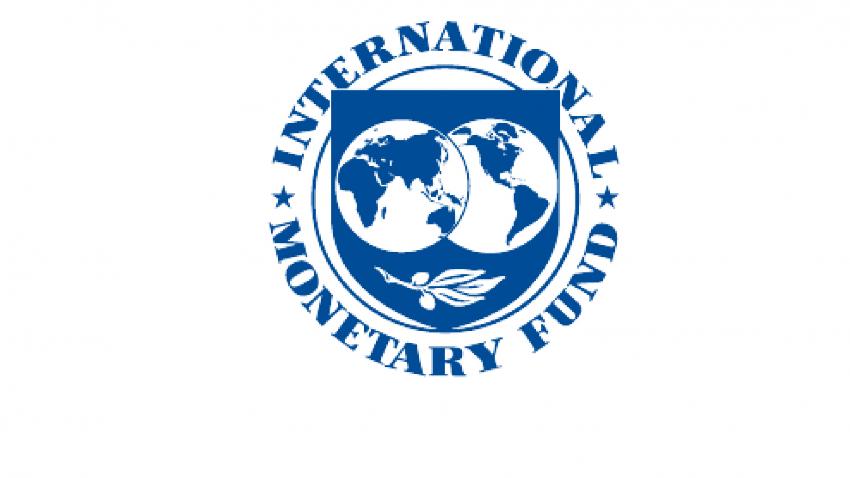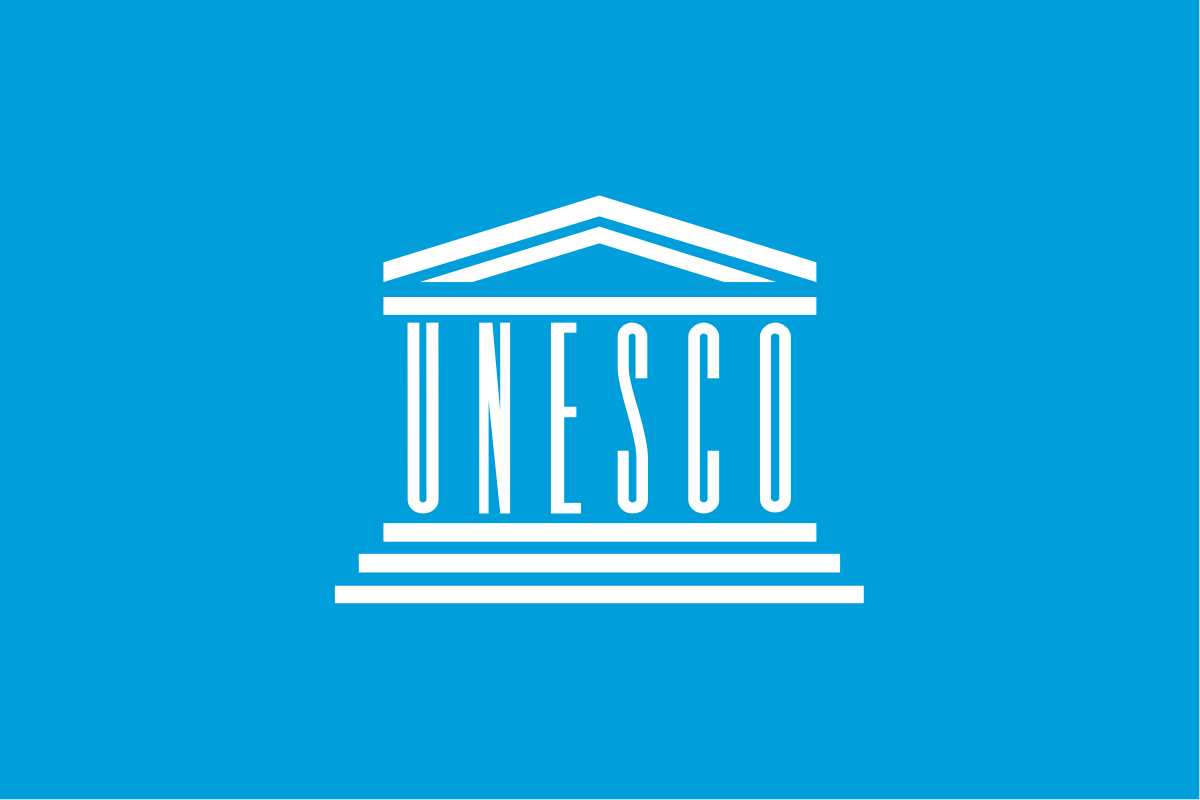In today’s interconnected world, international organizations provide vital assistance to better understand and cooperate to solve international problems. These are institutions that facilitate cross-border activities, maintain peace, promote economic development, respond to health concerns, work in the area of the environment, and protect human rights. International organizations give states a place to make collective decisions and build consensus, whether responding to a global crisis or setting international standards.
While the role of these institutions can vary, there are many international organizations, such as the United Nations and World Health Organization, that shape global society and have an affect on the daily lives of people in all countries around the world. In this article, we will present the 10 most recognized international organizations, identifying the location of their headquarters, when they were created, and their vital roles in managing international relations for the purpose of international cooperation.
Check Out: List of Top 10 Major Revolutions in World History
Top 10 Famous International Organizations in the World
Here are the top 10 international organizations, along with their headquarters and the year and their key role:
| S.No. | Organization Name | Headquarters | Year | Key Role/Function |
| 1 | United Nations (UN) | New York, USA | 1945 | Maintains global peace, promotes human rights, and development. |
| 2 | World Health Organization (WHO) | Geneva, Switzerland | 1948 | Coordinates global public health responses. |
| 3 | World Bank | Washington D.C., USA | 1944 | Provides financial and technical assistance to developing countries. |
| 4 | International Monetary Fund (IMF) | Washington D.C., USA | 1944 | Maintains global financial stability and offers loans. |
| 5 | United Nations Educational, Scientific and Cultural Organization (UNESCO) | Paris, France | 1945 | Promotes education, culture, and science worldwide. |
| 6 | World Trade Organization (WTO) | Geneva, Switzerland | 1995 | Regulates international trade and resolves trade disputes. |
| 7 | International Labour Organization (ILO) | Geneva, Switzerland | 1919 | Sets international labor standards and promotes workers’ rights. |
| 8 | United Nations Children's Fund (UNICEF) | New York, USA | 1946 | Provides humanitarian aid to children worldwide. |
| 9 | North Atlantic Treaty Organization (NATO) | Brussels, Belgium | 1949 | A military alliance for collective defense of member nations. |
| 10 | World Meteorological Organization (WMO) | Geneva, Switzerland | 1950 | Coordinates international cooperation in weather, climate, and water. |
1. United Nations (UN)
The United Nations is the largest international organization in the world, established in 1945 after World War II. It is based in New York City and operates to keep world peace, protect and promote human rights, deliver humanitarian assistance, and support global sustainable development. The UN now has 193 member states and provides a platform for discussing, deciding, and collaborating on significant international issues impacting people and nations around the world.
2. World Health Organization (WHO)
The World Health Organization is a UN agency established in 1948 and is based in Geneva, Switzerland. WHO is dedicated to international public health issues. It leads the charge on emerging global health challenges, such as disease outbreaks, pandemics, and global vaccine distribution. WHO also develops health standards, strengthens healthcare systems, and provides emergency response for countries in crisis while promoting good health and well-being for all.
3. World Bank

Established in 1944 and located in Washington, D.C., the World Bank lends technical expertise and funds to developing countries. The mission of the World Bank is to promote economic development and reduce poverty by providing loans, grants, and advice. The World Bank funds projects in education, infrastructure, health, and agriculture. The World Bank is important in improving the quality of life across the world through sustainable development.
4. International Monetary Fund (IMF)

The International Monetary Fund is also a 1944-created organization headquartered in Washington, D.C. The IMF promotes international monetary cooperation and financial stability. The IMF provides short-term loans to countries experiencing economic crises, offers policy advice, and monitors global economic conditions. The IMF promotes sound economies for its member countries by promoting fiscal discipline, transparency, and structural reforms, and meets in high function in the areas of international finance and economic development.
5. UNESCO (United Nations Educational, Scientific and Cultural Organization)

UNESCO was established in 1945 and is based in Paris, France. It promotes international collaboration in education, science, and culture, as well as communication. It is an organization that is most known for designating World Heritage Sites, advocating for cultural diversity, and supporting access to quality education and education in general worldwide. In addition, UNESCO preserves the world's endangered languages, promotes scientific cooperation, and supports freedom of expression. UNESCO seeks to foster peace among nations on the basis of knowledge, cultural understanding, and intellectual solidarity.
Comments
All Comments (0)
Join the conversation